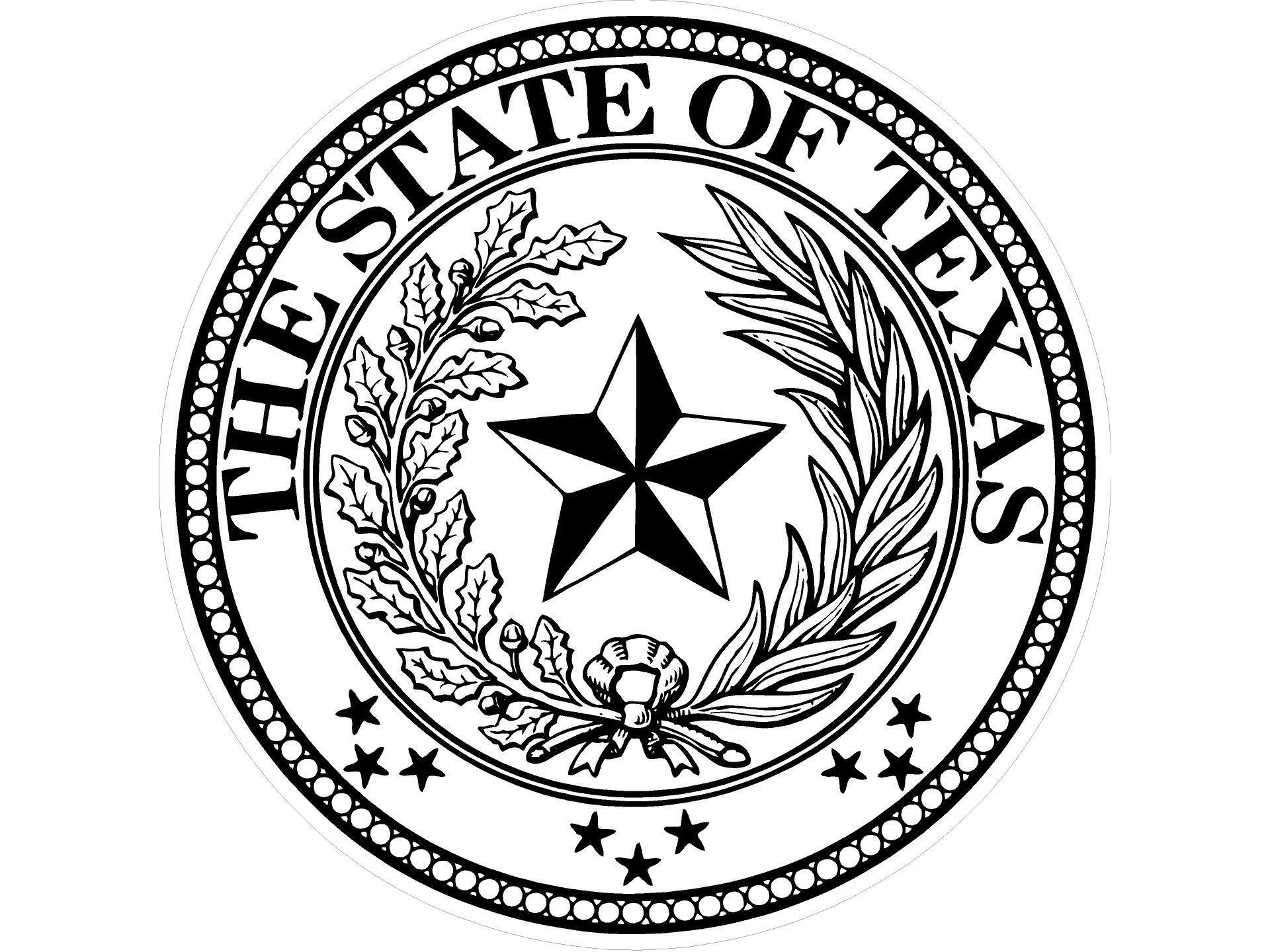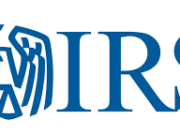On June 17, 2024, the Institute for Free Speech sent a letter to the Chair and Vice Chair of the Texas Ethics Commission to express concerns about the proposed rule regarding the §26.1 disclosure statement and recommend changes to improve the proposed regulation.
Read a PDF of the letter here.
June 17, 2024
Texas Ethics Commission
Sam Houston Bldg.
201 East 14th St., 10th Floor
Austin, TX 78701
RE: Proposed Rule Regarding §26.1, Disclosure Statement
Dear Chair Erben and Vice Chair Flood:
On behalf of the Institute for Free Speech,[1] I am writing to express our deep concerns about the Texas Ethics Commission’s proposed rules regarding when a disclosure statement is mandated (§26.1. Disclosure Statement). The proposed regulations are impractical, vague, and overly broad and should be rejected as written.
The Commission is considering adding new language that effectively requires a disclaimer for content posted on the internet, including social media, when the person “posting or re-posting the political advertisement” posted it “in return for consideration.”
At first blush, it is easy to see what the Commission is trying to get at: influencers who are paid directly to post specified political content. But, as written, this proposed rule goes much further.
First, there is no de minimis exception. The Commission’s regulations generally exempt political advertising on the internet from the disclaimer requirements if the expenditure for such ads is less than $100. Similarly, the statute exempts circulars and fliers that cost less than $500 in the aggregate to publish and distribute. Tex. Elec. Code § 255.001(d)(3). The proposed rule contains no such exception, and it should. Thus, something as trivial and common as a candidate offering supporters a free bumper sticker or campaign pin for reposting a message of support would appear to require a disclaimer. This would create a trap for unwary grassroots efforts or candidates.
This risk is created by the use of the term “consideration.” “Consideration” is not a defined term. Thus, it appears to refer to the general legal definition as any benefit, including intangible ones. At a minimum, it seems to go beyond just the payment of money to encompass all exchanges, including the bumper sticker or pin hypothetical described above.
Second, the proposed rule does not specify how direct the relationship between posting content and any consideration must be. Some cases will be easy, such as if an influencer is paid a certain amount of money to post a specific communication. But others will be much more ambiguous. For example, imagine an influencer is paid generally to promote a candidate but is not given direction to post or repost specific messages. Would their internet posts need a disclaimer? If so, which ones? Would all of their political content fall within the scope of this rule?
Similarly, it is unclear how this rule would apply to paid campaign staff, such as a press secretary or campaign manager. In some sense, such people are paid to post political content online. Would all their tweets or Facebook posts relating to their employer need disclaimers? Some? How can they distinguish between what is personal speech and what is a political advertisement that requires a disclaimer?
Vague laws chill speech because people of ordinary intelligence must necessarily guess what they mean and differ as to their application. See Citizens United v. Federal Election Commission, 558 U.S. 310, 324 (2010). Similarly, the Court has warned, “The First Amendment does not permit laws that force speakers to retain a campaign finance attorney, conduct demographic marketing research, or seek declaratory rulings before discussing the most salient political issues of our day.” Id.
The proposed rule violates these principles. Its terms are vague, leaving citizens to guess whether their conduct is included, which will cause many to choose silence on the most salient political issues of our day. Given the lack of a de minimis standard, the proposed rule is also overly broad, potentially sweeping in grassroots political activity that bears no relationship to targeted conduct. Accordingly, the Commission should reject the proposed change to the political advertising provisions.
While we understand the Commission’s interest in modifying the current regulation, the proposed rules need revision before adoption. We would be pleased to assist the Commission in drafting a more precise and better-tailored proposal.
Sincerely,
David Keating
President
[1] The Institute for Free Speech is a nonpartisan, nonprofit 501(c)(3) organization that promotes and defends the First Amendment rights to freely speak, assemble, publish, and petition the government.














